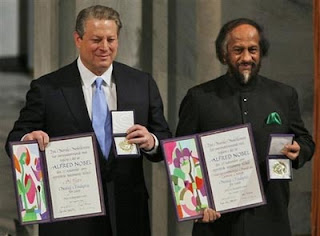Scientists are angry that the British Homeopathic Association cited their research to a committee of MPs as proof homeopathy works when their studies showed nothing of the sort
The way homeopaths presented research to MPs was grossly misleading, say scientists. Photograph: Peter Macdiarmid/Getty Images
As several friends have noticed, I'm still alive. In fact there were no fatalities as a result of the mass homeopathic overdose last weekend, to the annoyance of some of the more vocal critics of the 10:23 campaign. Homeopathy organisations have been trying to respond, often finding amusing and creative ways to dig themselves deeper into a hole, as the New Zealand Council of Homeopaths did when it issued a press release admitting that their remedies contain no "material substances".
None has dug harder or faster than the British Homeopathic Association, which must now face some very serious questions about its misrepresentation of evidence to MPs, and to the public. Angry scientists are asking why studies they published that did not find in favour of homeopathy have been presented as if they had. Read more.






